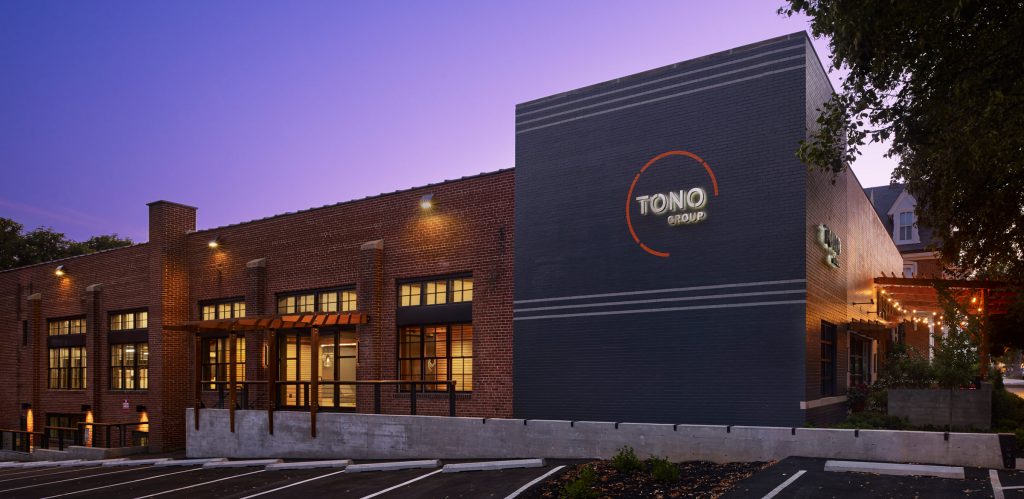
4 DUTIES OF AN EFFECTIVE CONSTRUCTION PROJECT MANAGER (CPM)
Whether you’re designing and constructing a brand new building or renovating an existing structure, there are three major factors you need to manage during the delivery process: time, cost, and scope. Ideally, of course, you’ll want your project to progress as quickly as possible, to stay within budget, and to utilize the best tradesmen to complete the job as planned. But what if there are too many moving parts for you to handle on your own?
Completing a complex project may require you to hire a construction project manager (CPM) to act as your representative and manage the entire construction process from start to finish. Your CPM does everything from preparing cost models, to complying with building and safety codes, to collaborating with architects, engineers, and other construction and building specialists. He adopts a multitude of responsibilities with the express goal of executing your vision as efficiently as possible.
It’s an important role. Hiring the wrong person or team could cost you. So how do you know you’ve found the right CPM? Here are 4 ways a good construction project manager effectively delivers a final product:
1. Bridges the Gap
2. Creates Clear Schedules
3. Masters Problem-Solving
4. Brings the Right Experience
Bridges the Gap
A key responsibility of a CPM is to ensure a fluid transition from the design phase of a project into the construction phase. During this transition, he accepts all client relations responsibilities, understanding that different circumstances require different communication tactics. A qualified CPM knows how to be courteous and accommodating when interacting with a client while being clear and firm with his team of project coordinators, site superintendents, and foremen. He’s able to bridge the gap between a client’s expected outcome and the on-site team he’s employed to see the project through, funneling information accordingly. If your manager isn’t valuing your input as owner or stakeholder or can’t seem to manage his team and subcontractors in a timely or effective way, he may have been the wrong man for the job.
Creates Clear Schedules
The worst mistake your CPM can make is to promise too much. His job is to give owners realistic goals, calculated schedules, and to follow through on implementing client feedback. He needs to be completely transparent when laying out timetables, material and labor costs, possible challenges, and all other variables, to ensure that the final product meets expectations. In the world of construction, surprises are not a good thing.
Masters Problem-Solving
However, if there are any unforeseen hiccups during construction, your project manager needs to be able to adjust in a professional manner. Were construction materials delivered late? Has inclement weather delayed work altogether? Has the project changed scope, requiring more men on site? A good CPM has the composure to craft creative solutions, and to communicate options quickly and clearly to his client. In every case, he plans and re-plans, minimizing setbacks to construct a project as closely as possible to its desired specifications.
Brings the Right Experience
As with any hired professional, you’ll want your construction manager to bring a certain amount of experience to the table. He should have a history managing people and schedules, negotiating agreements, interpreting technical drawings, and utilizing project management software. But having years of experience isn’t enough. Your CPM needs to have the right kind of experience. There’s a big difference between managing residential and commercial construction. To pick the right person for the job, you need a well-rounded manager with experience handling projects of similar type and scope.
Constructing your own meaningful place is often too tall a task to handle without some professional help. Your CPM is there to shoulder the bulk of the burden and build your project from the ground up. With such an important role, it’s imperative that you choose a person who can communicate fluidly with you and the all other parties involved, who is practical and straightforward throughout planning, who can tackle setbacks gracefully, and who possesses the specialized experience needed to realize your vision.

